 |
| Invoices, whether small or large, must have non-cash payment documents to be deductible for VAT. |
Adjustment of taxable objects and deduction conditions
One of the most prominent features of the new Law is tightening the conditions for input VAT deduction. According to Lawyer Hoang Ngoc Quy ( Ba Ria - Vung Tau Province Bar Association), if previously, enterprises could deduct tax on invoices with a value of less than 20 million VND paid in cash, according to the new regulation, all expenses for input tax deduction must have non-cash payment documents. This regulation is considered a strong measure to prevent the creation of fake invoices and fake transactions to profit from tax.
“Cash has long created a “loophole” in tax administration, creating conditions for fraud to arise. Requiring non-cash payments will help make transactions transparent, in line with the trend of controlling cash flow, preventing money laundering and tax fraud that many countries are applying,” Lawyer Quy analyzed.
In addition to stricter regulations for businesses, the new law also has humane adjustments to support micro-businesses. Specifically, it is expected that from January 1, 2026, households and individuals with a revenue of less than VND200 million/year will not have to pay VAT. Ms. Nguyen Thi Tuyen (owner of a small restaurant in Ba Ria City) shared: "The tax exemption will help reduce the pressure of declaration and bookkeeping for small businesses, who have little knowledge of accounting. This policy is very reasonable and practical."
The new law also changes the way VAT is calculated on imported goods. Accordingly, the taxable price will include import tax, special consumption tax and environmental protection tax (if any), instead of only calculating on the price at the border gate as before. This new calculation method more closely reflects the actual value of goods when put into domestic consumption.
In addition, some goods and services such as unprocessed forest products, specialized equipment for teaching, entertainment services, etc. are expected to change from a tax rate of 5% to 10%. Conversely, the law also expands the scope of application of a 0% tax rate to activities such as international transportation, sales at duty-free shops, and rental of means of transport abroad, etc. to support exports and promote international economic integration.
Improve management efficiency, combat tax fraud
According to Ms. Pham Thi Hai, Deputy Chief of Office of Tax Department of Region XV, strict control of payment documents will significantly support tax inspection and examination, minimizing fraudulent acts such as buying and selling invoices, creating fake invoices for illegal tax deduction and refund.
From a management perspective, many businesses believe that although the challenge is not small, this is an opportunity to modernize the accounting and internal control systems. Tax authorities also recommend that businesses and business households proactively invest in electronic payment infrastructure, train accounting staff and standardize the electronic invoice system to limit legal risks when the law comes into effect.
Mr. Nguyen Huu Hung (owner of a construction materials business in Ba Ria City) expressed concern that most customers and partners still have the habit of paying in cash. “If this regulation is mandatory for all transactions, we will have to gradually change. I hope the State will have a flexible roadmap so that small businesses can easily adapt,” Mr. Hung shared.
The 2024 VAT Law marks a major shift in tax management thinking in Vietnam, requiring businesses and business households to quickly adapt to transparency and standardization of payment and accounting systems. According to experts, this is also a necessary step for the Vietnamese tax system to integrate more deeply with international standards.
Lawyer Hoang Ngoc Quy recommends that early preparation, investment in upgrading technology infrastructure and updating new regulations will help businesses proactively adapt and avoid being passive when entering a period of stricter tax management in the coming time.
Article and photos: TRUC GIANG
Source: https://baobariavungtau.com.vn/kinh-te/202506/luat-thue-gtgt-2024-siet-chat-quy-dinh-tang-hieu-qua-quan-ly-thue-1045503/


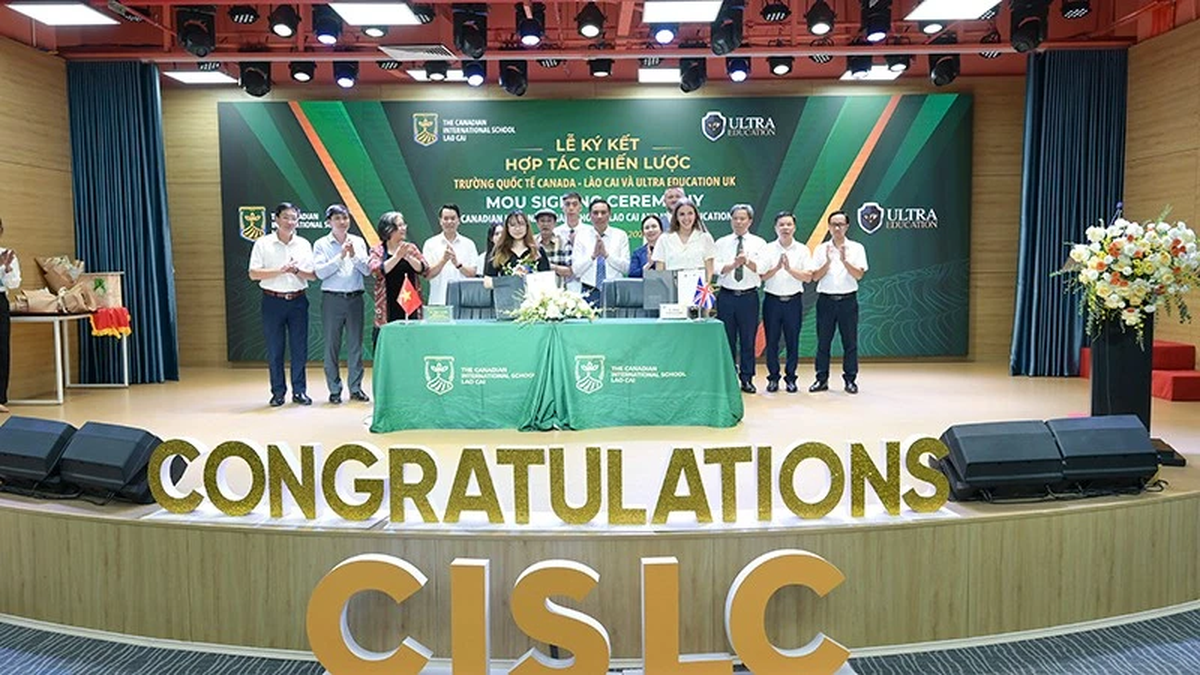
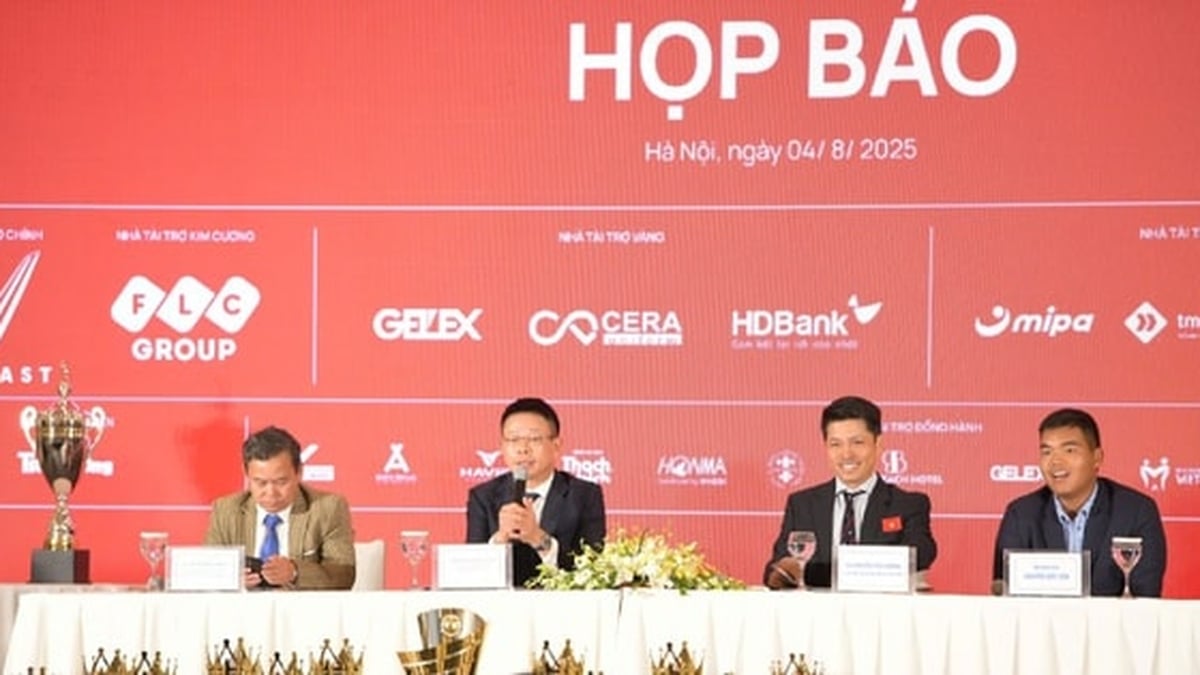
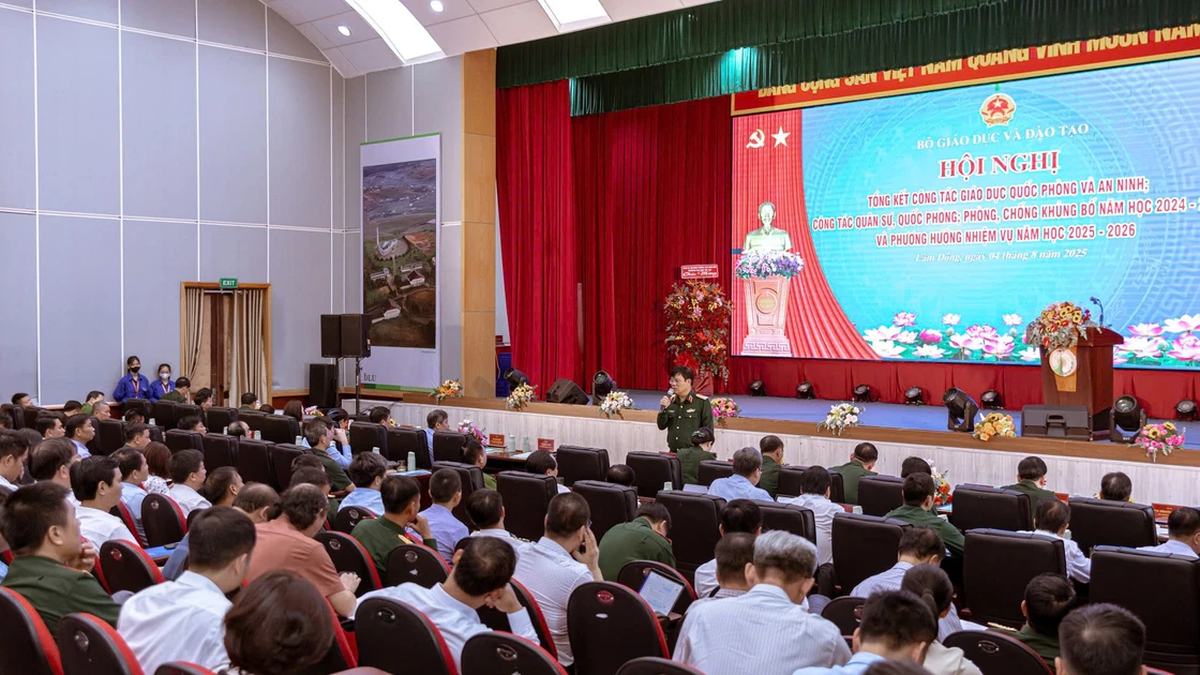

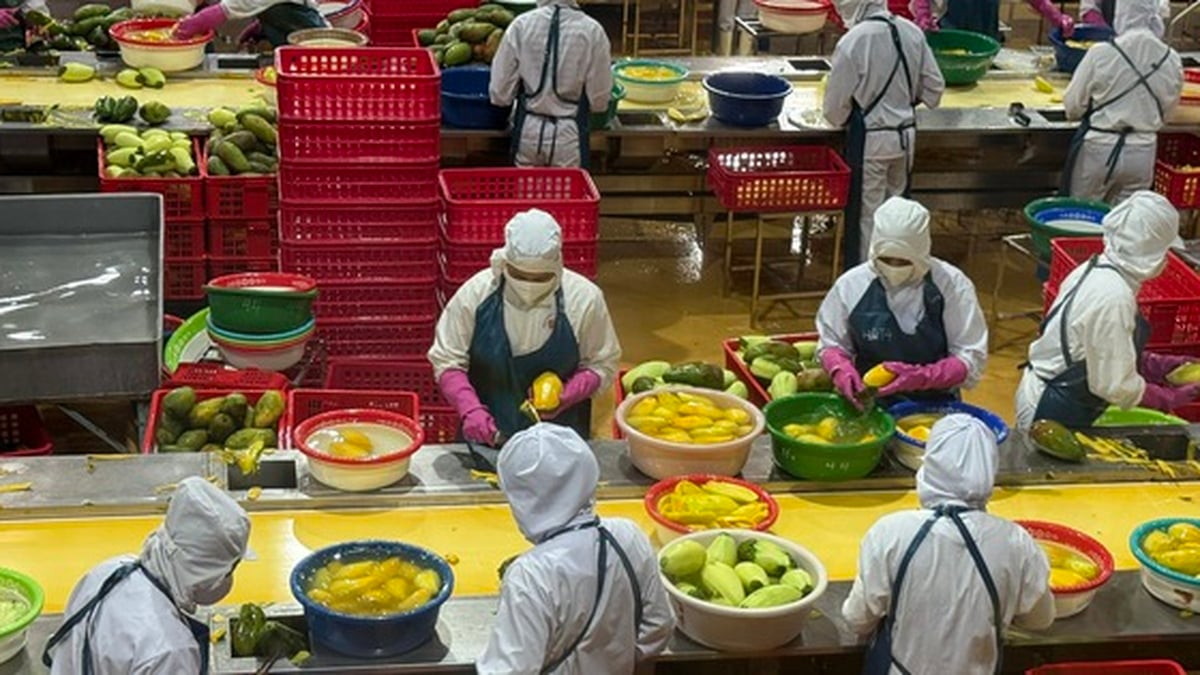

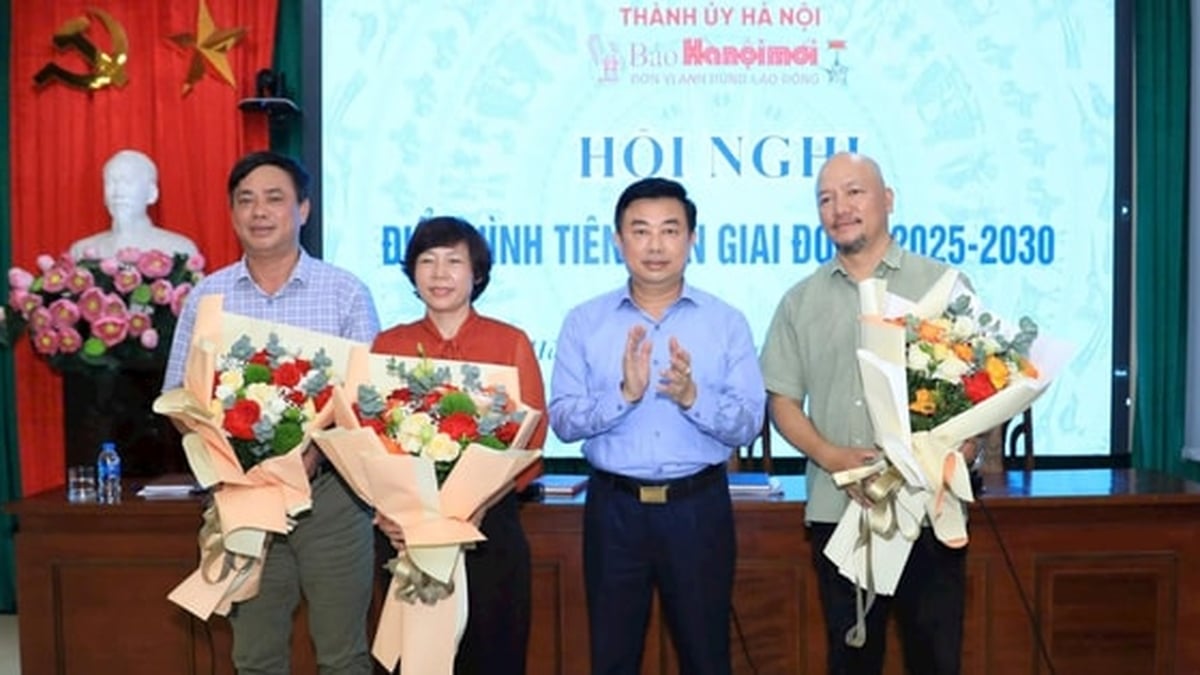

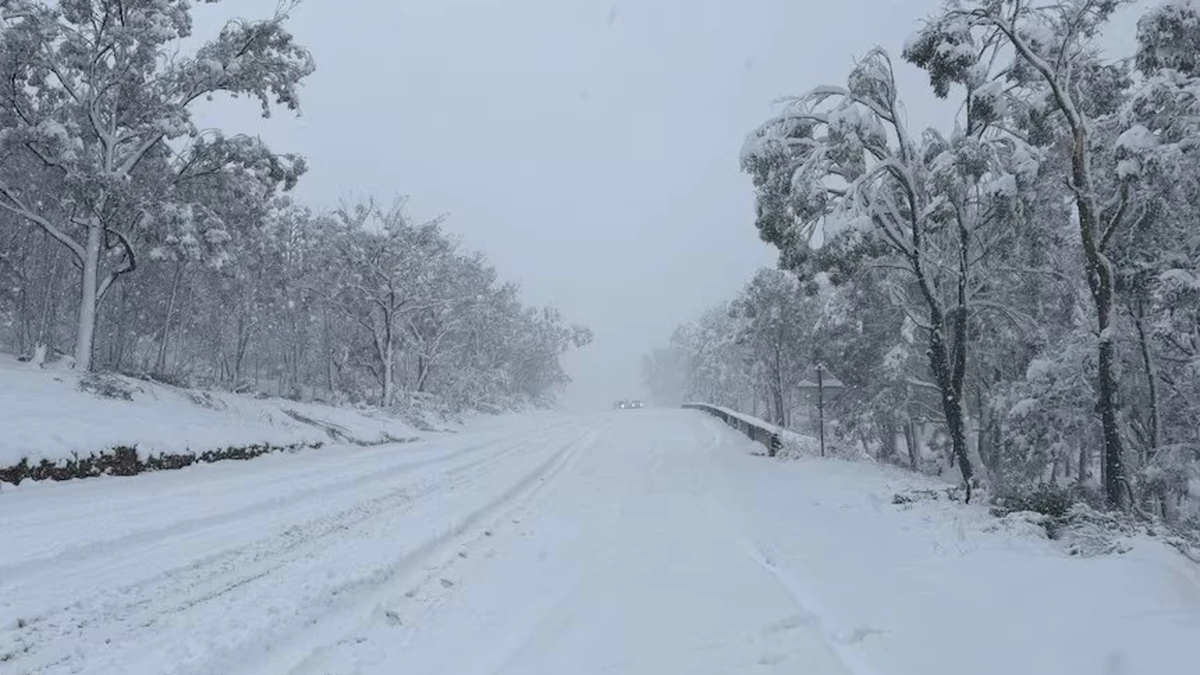
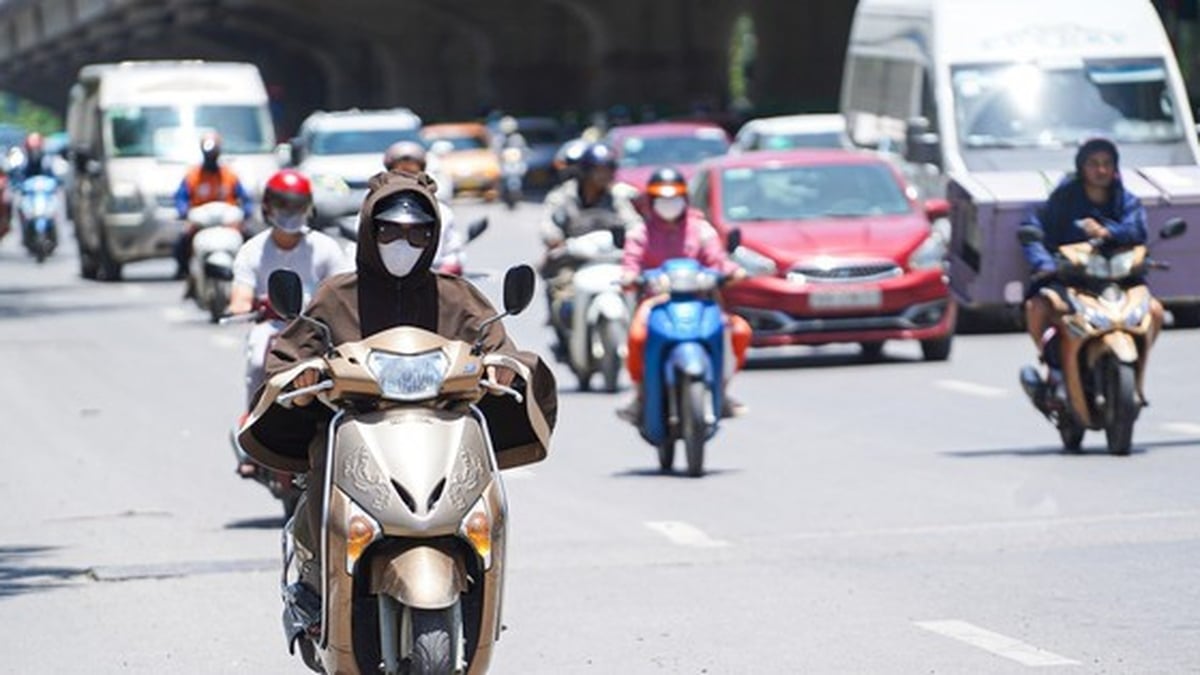











































![[Maritime News] Two Evergreen ships in a row: More than 50 containers fell into the sea](https://vphoto.vietnam.vn/thumb/402x226/vietnam/resource/IMAGE/2025/8/4/7c4aab5ced9d4b0e893092ffc2be8327)

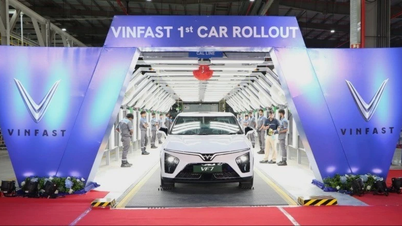


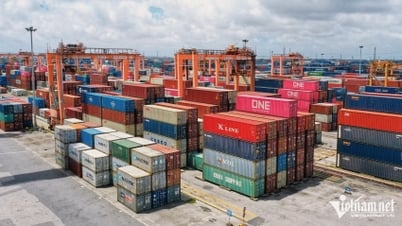





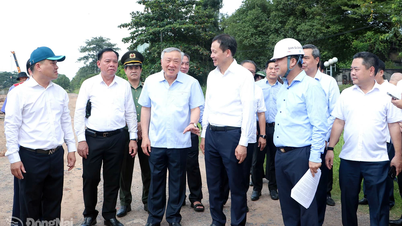







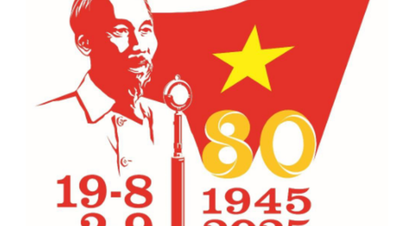





















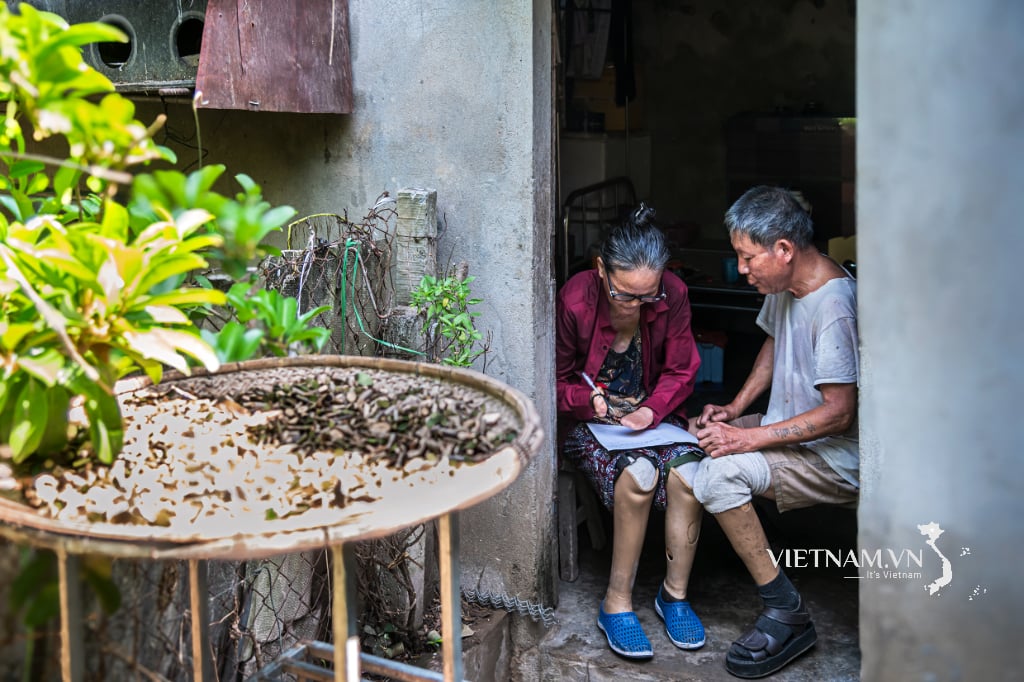


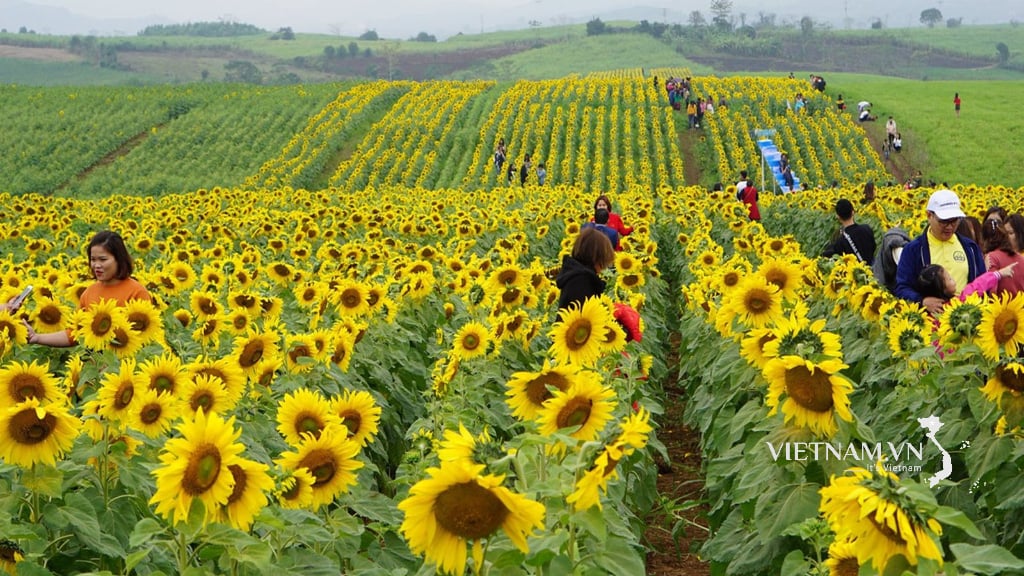
Comment (0)